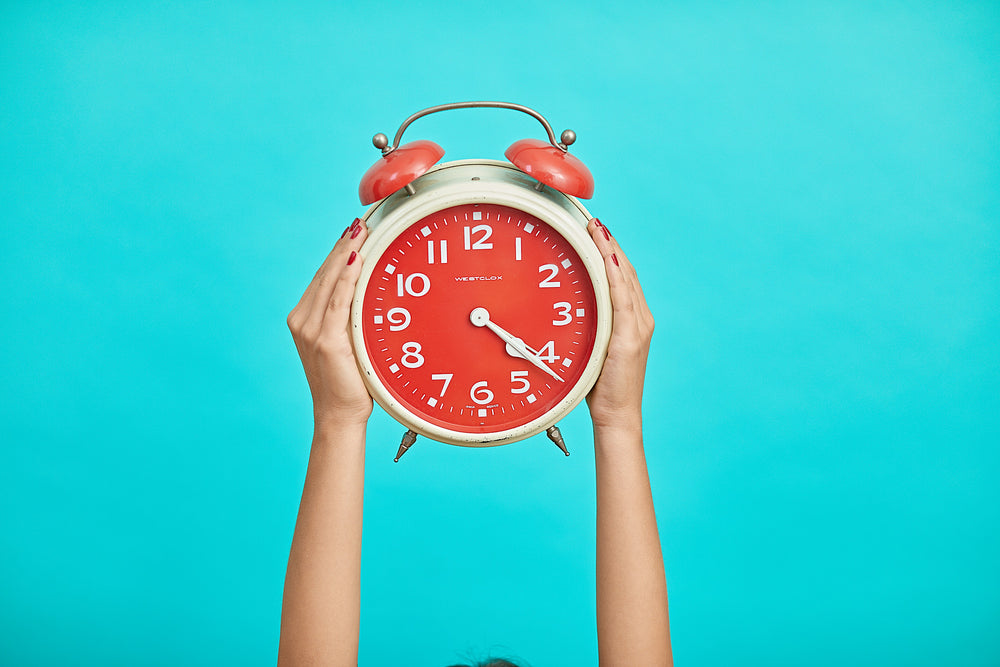Tips to Adjust to Daylight Savings Time

Tips to Adjust to Daylight Savings Time
Are you struggling to recover from the daylight savings time change? In a nation that's already sleep deprived, losing that extra hour can really mess you up. It's important to start preparing a few weeks in advance with a few small habit changes! So here's the deal if you want to reset:
Go to bed and get up at the same time.
Get at least seven hours of sleep on the day(s) before and after the transition. Lack of sleep tells the body to store fat. While it’s tempting to stay up later or change your habits, it’s best to keep your bed times consistent. The closer you stick to your normal routine, the faster your body will adjust to the time change.
Practice good habits before bedtime.
Slow your body down. Quit caffeinated beverages four to six hours before bedtime. Avoid alcohol in the evening. If you are exercising, avoid workouts within four hours of bedtime because raising your body’s core temperature can make it harder to fall asleep. An hour before bedtime, put your phone, computer, or tablet away! Despite using blue blockers electronics’ high-intensity light hinders melatonin, a hormone that triggers sleepiness. The light stimulates your brain and makes sleep difficult the same way sunlight does. Also, turn off the television and pick up a book. Take an epsom salt bath or hot shower. Dim the lights. Relax.
Keep your dinnertime consistent.
Eat more protein, less carbs. On the days around the time change, eat at the same time or even eat a little early. Our sleep cycle and our eating patterns affect each other. Don’t overeat. Also, try to eat more protein instead of carbohydrates. (This might seem like good everyday advice, but it’s even more important during time changes.) Go shop for fish, nuts, and other sources of protein for dinner this week! Avoid the pasta.
Get more light!
Go outside and get exposure to morning sunlight on the Sunday after the time change to help regulate your internal clock. Having shorter daylight hours affects our mood and energy levels, decreasing serotonin. Make time to take a morning or early afternoon walk outside when the Sun is out.
These consistent healthy habits will help you overcome the daylight savings scaries and keep you moving forward! Good luck!


